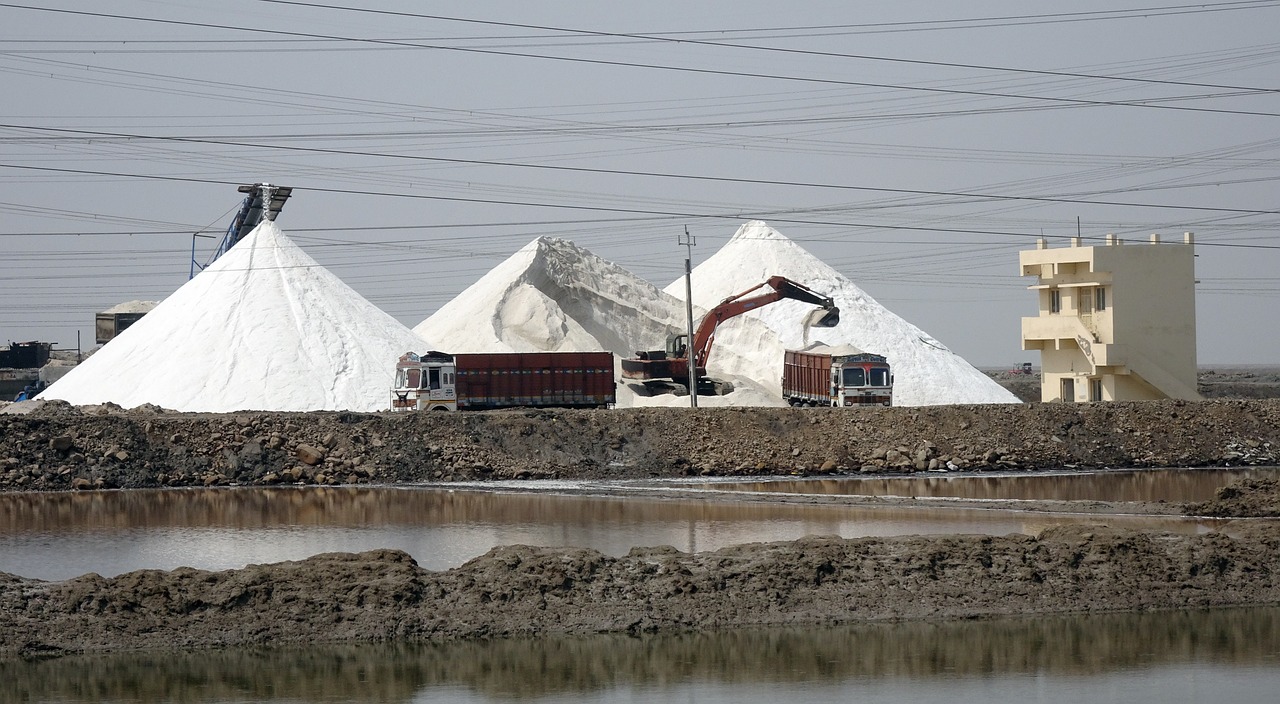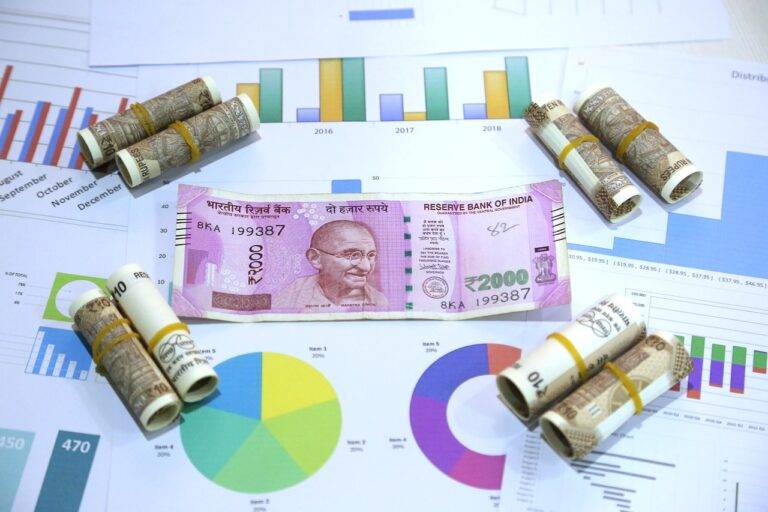The Ethics of Campaign Finance and Super PACs
Political campaigns often rely heavily on financial contributions to fund their operations. While these donations are meant to support a candidate’s campaign efforts, they also raise ethical concerns regarding the influence of money in politics. Critics argue that large donations from corporations or wealthy individuals may sway politicians to prioritize the interests of these donors over the general public.
Transparency and accountability in campaign finance are crucial in addressing these ethical concerns. Without proper regulations and oversight, there is the potential for corruption and conflicts of interest to arise. Ensuring that there are limitations on donation amounts and disclosing the sources of contributions can help maintain the integrity of the political process and uphold the principles of democracy.
The influence of money on political decision-making
In today’s political landscape, the role of money in influencing decision-making cannot be understated. Contributions from wealthy donors and special interest groups often come with expectations of preferential treatment or policy decisions that align with their interests. This creates a system where those with money hold significant sway over the decisions made by elected officials, potentially at the expense of the general public.
The ability for affluent individuals and corporations to funnel large sums of money into political campaigns and lobbying efforts can lead to an imbalance in power and influence within the government. This can result in policies being crafted in favor of those who can afford to bankroll politicians, rather than in the best interest of the population as a whole. As a result, the interests and concerns of ordinary citizens may be overshadowed by the desires of wealthy donors who prioritize their own agendas.
The role of Super PACs in modern political campaigns
Super PACs have become significant players in modern political campaigns, wielding considerable influence through their ability to raise and spend unlimited amounts of money to support or oppose candidates. These organizations operate independently from campaigns and political parties, allowing them to pour vast sums of money into advertising, polling, and other activities without the same restrictions as traditional campaign committees.
Critics argue that the rise of Super PACs has distorted the democratic process by enabling wealthy individuals and special interests to wield disproportionate influence over elections. Their ability to collect massive donations from wealthy donors and corporations has raised concerns about the potential for corruption and the erosion of transparency in political financing. As a result, the role of Super PACs in modern political campaigns has sparked debate over how to balance the need for free speech with the need to prevent the undue influence of money in shaping political outcomes.





